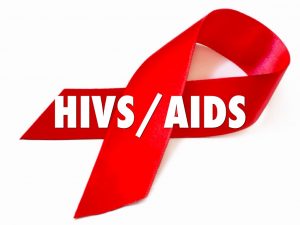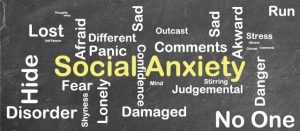
Iron is very necessary for the body to make the much needed hemoglobin. Faulty or decreased production of red blood cells, loss of blood and red blood cells destruction are the three various causes of anemia.
Foods like vegetables and meats provide iron to the body. The doctor may suggest consumption of more meat like shellfish, chicken, fish, pork, or turkey or red meat like liver or beef to boost hemoglobin.
Increased heart rate, shortness of breath, blood disorders and fatigue are some of the symptoms of anemia. Increased bleeding or bruising called thrombocytopenia and increased bleeding is another symptom of anemia. Hemophilia that targets joints and muscles without significant injury is also another symptom to determine anemia.
Physical examination is done and medical history of the patient is determined by the doctor to diagnose anemia after which blood tests are done to determine underlying condition. The doctor also looks for physical clues, symptoms of the disease, medications taken, diet, medical history of the family, ethnic background and intake of alcohol while doing the diagnosis.
In the tests, the CBC – Complete Blood Count, levels of iron in the blood, level of folate and Vitamin B12, defect of clotting, hemoglobin, enzymes, immune attack on fragility of blood cells is determined. Urine tests are also conducted to determine existence of hemolytic anemia and find out how fast blood cells are being made in the body and whether life span of RBCs is shortened. Bone marrow sample may be taken by the doctor, but in rare cases only.
On establishment of the underlying cause, anemia treatment is initiated by the doctor. Depending upon diagnosis, anemia caused by decreased RBC production or blood loss is treated. During the treatment, levels of ferritin, hemoglobin, red blood cell count and hematocrit are monitored.
Foods containing high iron content are needed in anemia treatment. Iron supplements can be taken with doctor’s advice only. Iron is absorbed best by the body when taken with a medium that is mildly acidic like Vitamin C or orange juice. Avoid iron overload or else it can cause joint issues, fatigue, heart disease, vomiting, irritability, headache and diarrhea. If the patient is being treated for another health condition, then the doctor must be informed about it.
In rare cases, iron is given intravenously or with iron injections. Blood transfusion may be needed in rare cases if the patient suffers from life threatening iron deficiency anemia.
Consuming a well balanced diet, that includes folate, vitamin B12 and iron helps in preventing anemia. Vegan people must talk to the nutritionist or doctor about taking iron diet or iron supplements. Tea and caffeinated products must be avoided as these decrease absorption of iron in the body. Other things are to avoid working in environments where paint, petroleum and lead are used, avoid excess calcium consumption and phytates present in some vegetables and avoiding the EDTA preservative.








